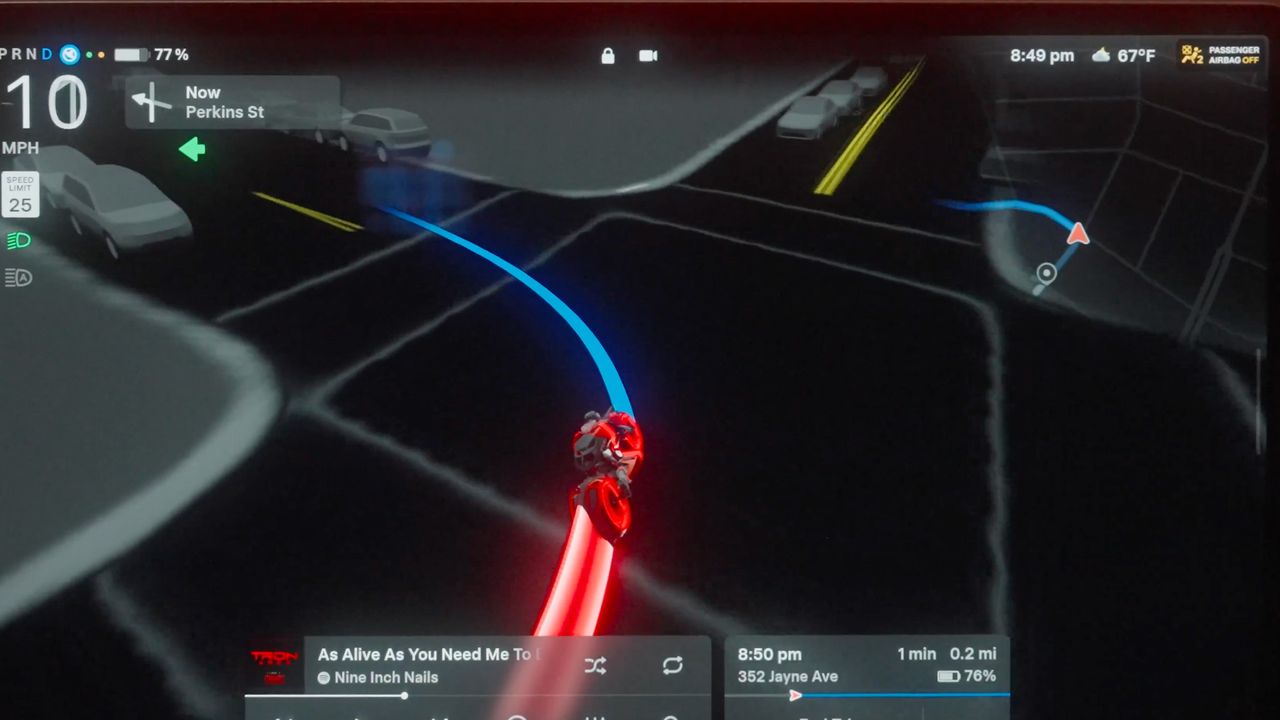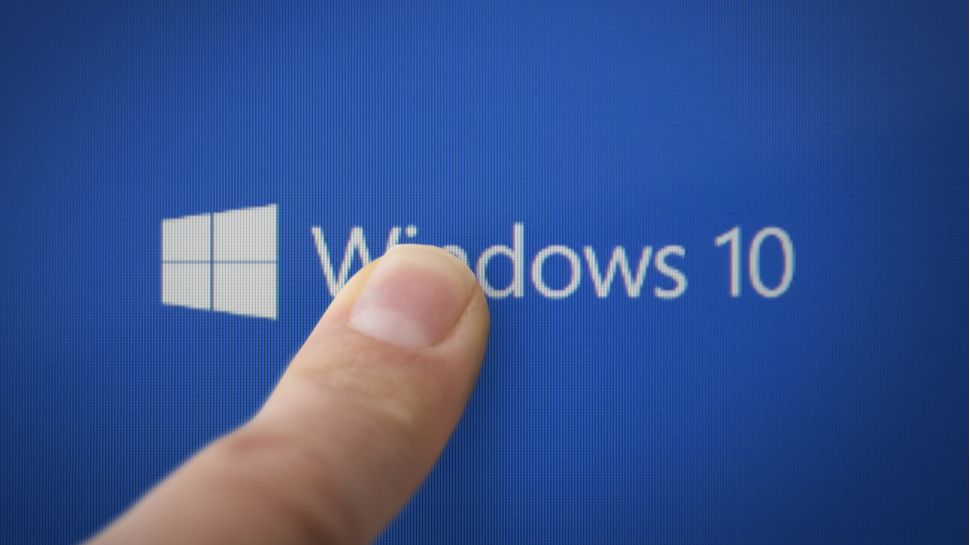Measles outbreak in SC sends 150 unvaccinated kids into 21-day quarantine
NegativeTechnology

A measles outbreak in South Carolina has led to 150 unvaccinated children being placed in a 21-day quarantine, with at least seven confirmed cases reported. This situation is concerning as it highlights the risks associated with low vaccination rates and the potential for further spread of the disease. It serves as a critical reminder of the importance of vaccinations in protecting public health and preventing outbreaks.
— Curated by the World Pulse Now AI Editorial System





